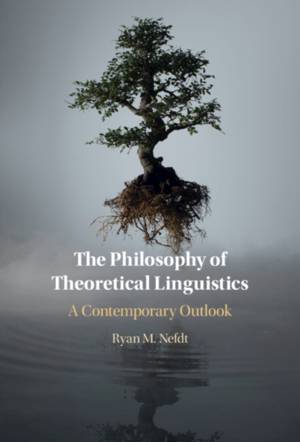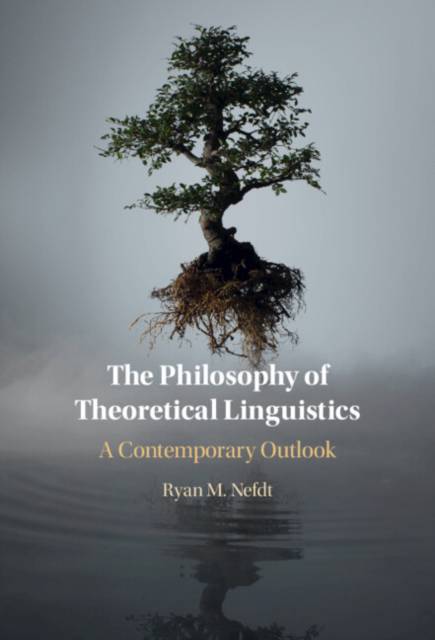
Bedankt voor het vertrouwen het afgelopen jaar! Om jou te bedanken bieden we GRATIS verzending (in België) aan op alles gedurende de hele maand januari.
- Afhalen na 1 uur in een winkel met voorraad
- In januari gratis thuislevering in België
- Ruim aanbod met 7 miljoen producten
Bedankt voor het vertrouwen het afgelopen jaar! Om jou te bedanken bieden we GRATIS verzending (in België) aan op alles gedurende de hele maand januari.
- Afhalen na 1 uur in een winkel met voorraad
- In januari gratis thuislevering in België
- Ruim aanbod met 7 miljoen producten
Zoeken
€ 158,95
+ 317 punten
Omschrijving
What is the remit of theoretical linguistics? How are human languages different from animal calls or artificial languages? What philosophical insights about language can be gleaned from phonology, pragmatics, probabilistic linguistics, and deep learning? This book addresses the current philosophical issues at the heart of theoretical linguistics, which are widely debated not only by linguists, but also philosophers, psychologists, and computer scientists. It delves into hitherto uncharted territory, putting philosophy in direct conversation with phonology, sign language studies, supersemantics, computational linguistics, and language evolution. A range of theoretical positions are covered, from optimality theory and autosegmental phonology to generative syntax, dynamic semantics, and natural language processing with deep learning techniques. By both unwinding the complexities of natural language and delving into the nature of the science that studies it, this book ultimately improves our tools of discovery aimed at one of the most essential features of our humanity, our language.
Specificaties
Betrokkenen
- Auteur(s):
- Uitgeverij:
Inhoud
- Aantal bladzijden:
- 244
- Taal:
- Engels
Eigenschappen
- Productcode (EAN):
- 9781316514252
- Verschijningsdatum:
- 2/05/2024
- Uitvoering:
- Hardcover
- Formaat:
- Genaaid
- Afmetingen:
- 152 mm x 229 mm
- Gewicht:
- 494 g

Alleen bij Standaard Boekhandel
+ 317 punten op je klantenkaart van Standaard Boekhandel
Beoordelingen
We publiceren alleen reviews die voldoen aan de voorwaarden voor reviews. Bekijk onze voorwaarden voor reviews.









